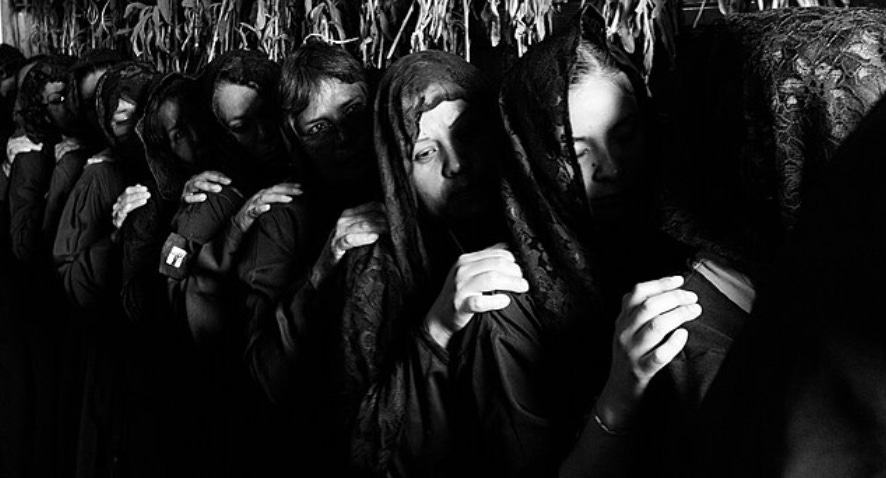on timeliness
Exclusive: Indie Author Caeli Faye
There is a strict yet subtly flexible balance between personal writing and impersonal writing. Writing that immediately reflects upon the writer and that that does not. Writing that immediately impacts the reader and that that won’t.
Yet, to Caeli Faye, indie author of her debut novel, Skin of Gold, there is no balance. Personal and impersonal are one and the same. Every living work is a time capsule — of its creator, of its making, of the lives and actions and inactions of every person who reads it.
Skin of Gold tells the tale of a creative writing student grappling with the legal and personal aftermath of her assault while studying in South Korea. While it’s easy for writers to transfer personal experiences onto their characters, Caeli was insistent on defying autobiographical tendencies. As the edits deepened, the personal began to stretch into something more expansive, less literal. The work became less about confession and more about resonance — a story not of one, but of many. The themes, though, never wavered: survival, vulnerability, the uneasy endurance of a body that remembers what the mind would rather forget.
Caeli’s YouTube channel, launched just last September, is an anomaly. Each video is a time capsule of its own — light breaking across a wall, hands folding into routine, the rhythm of a day made visible. The work of an author is not in constructing an image but in allowing one to unfold, quietly, without apology. It is as if she is asking the viewer to bear witness to process itself, to see creation not as a finished object but as something lived.
The visual world, as Caeli knows, is very much here. Solitary writers, once confined to the silence of the page, now face the paradox of presence – of sharing their faces, their voices, their work in unorthodox formats. What some writers refuse to acknowledge, however, is that the paradox is not a choice – nor a threat – but a necessity. To fracture a boundary between mediums is to acknowledge that the work was never contained to one form in the first place.
In a cyclical, ever-changing world, however, it’s not the video or the format or even the work that will last. It is not the platform of the work. It is the insistence on vulnerability. The willingness to show fracture without smoothing its edges. To say, this too belongs.
That, perhaps, is what makes her presence – both on screen and on the page – so rare. Caeli does not ask the reader for sympathy, nor the viewer for adoration. She asks only that you stay with her. To feel the light not only when it soothes, but when it burns.
To allow her work to live beyond the moment. Untimed, undated, unafraid.




such gorgeous writing. it was lovely speaking with you!